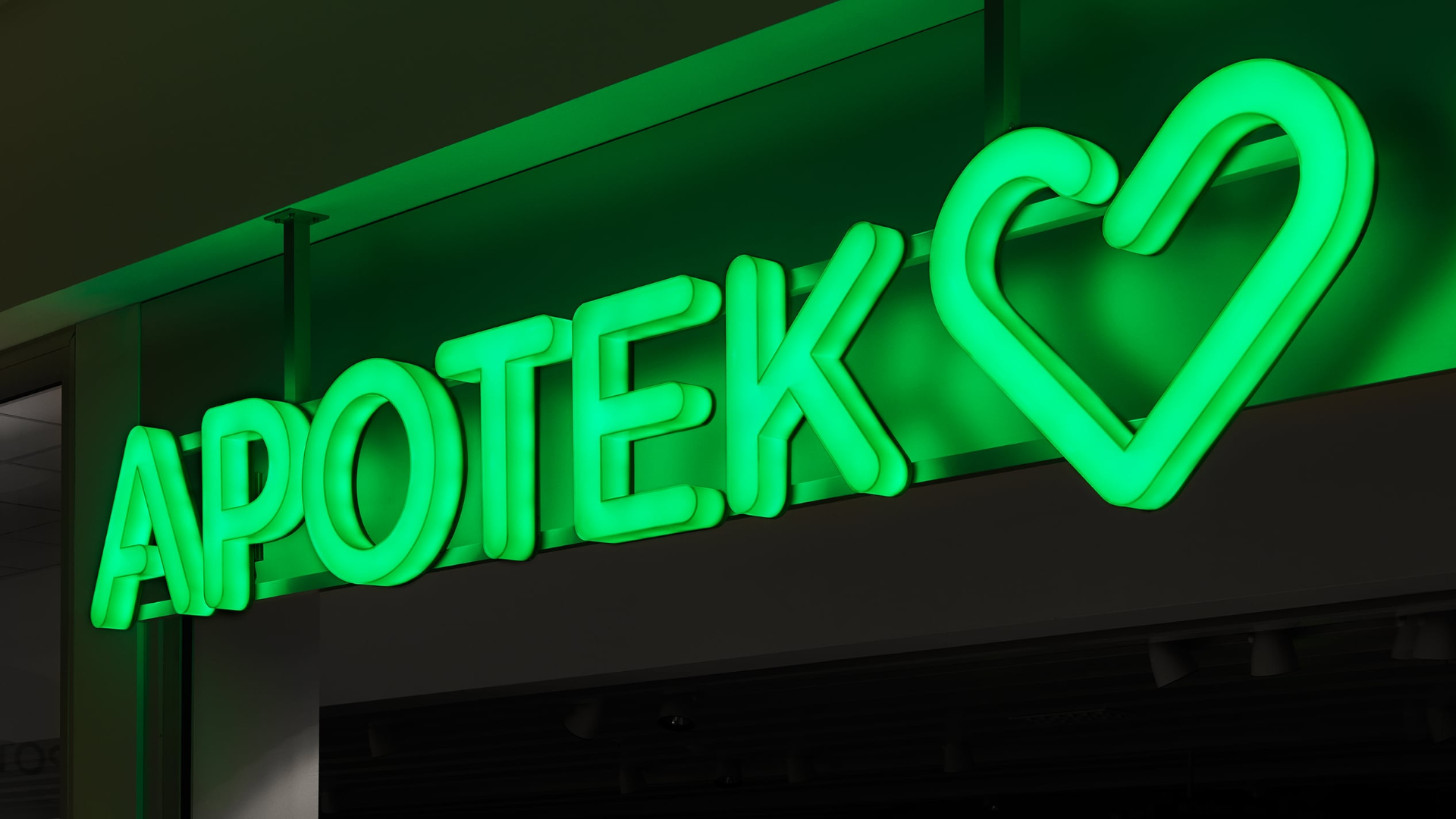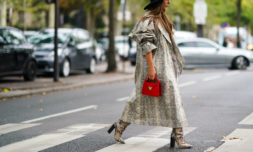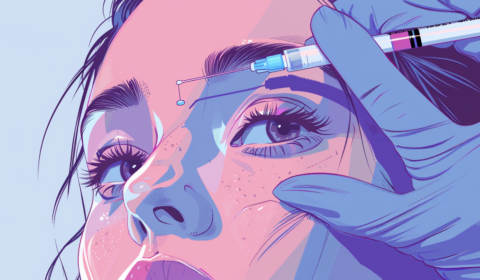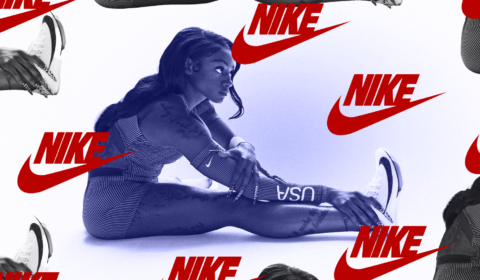In a bid to protect young people from being influenced by beauty trends online, a popular pharmacy in Sweden has decided to ban under 16s from purchasing anti-ageing skincare products.
While the societal pressure to be perfect has never been more intense, no natural human process has been vilified in recent times quite like ageing.
Across the internet, beauty gurus and unqualified content creators are constantly sharing endless (and often contradictory) advice on how to ensure our appearance indicates having taken a big, long gulp from the fountain of eternal youth.
Despite this content typically aimed at older demographics, the reality is that social media algorithms don’t discriminate and digital audiences are now younger and more impressionable than ever.
With 1 in 4 TikTok users below the age of 20, anti-ageing tips and tricks have flooded the social media timelines of those yet to even reach their teens. Market research reflects this, with a whopping 49 percent of the skincare industry’s growth now attributed to purchases made by kids between the ages of 8-12.
Hoping to stifle the skincare chaos, one popular Swedish pharmacy has decided to bar people 15 years or younger from purchasing anti-ageing beauty products. When shopping at Apotek, young people will no longer be able to purchase formulas that contain AHAs, BHAs, vitamin A (retinoids) and vitamin C without parental permission or a confirmation of a relevant skin condition.
Todays pre/teens get drunk elephant skincare and we got this pic.twitter.com/qG5UrXvCOq
— bay 💫 (@xmermaidmama) January 7, 2024




















